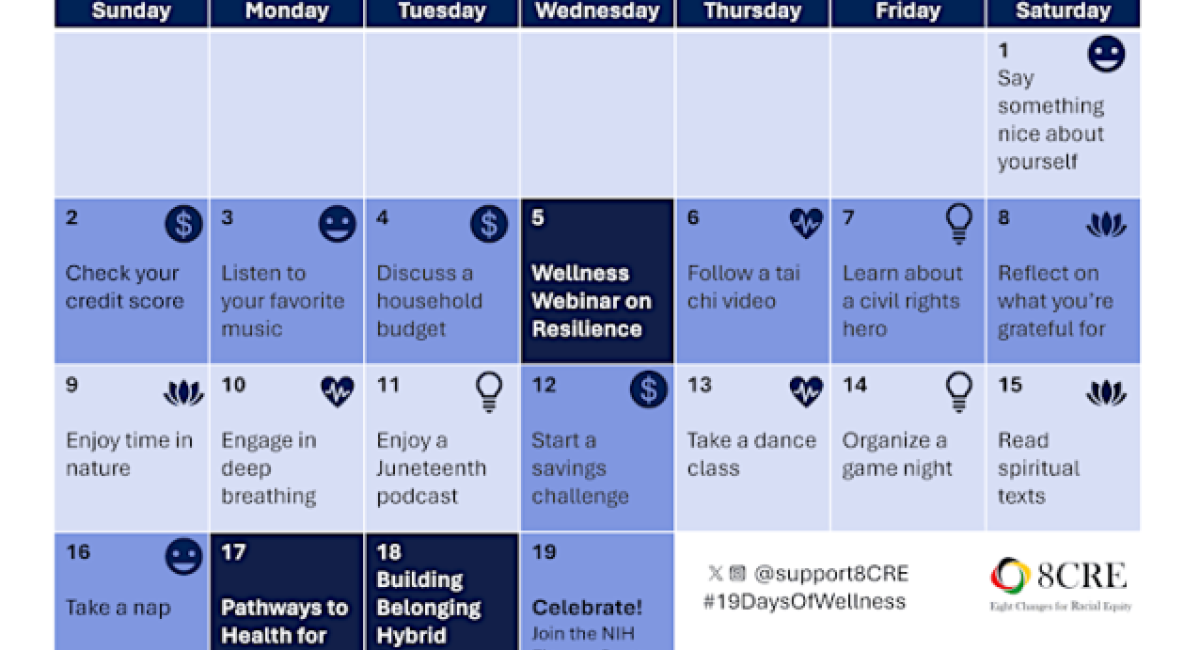Steve Dalton’s book The 2-Hour Job Search recommends creating a LAMP (List, Advocacy, Motivation, Posting) list to help you identify and target key employers. This can be a helpful activity to help you both expand and then narrow down your options. The main goal of creating such a list is to develop a prioritized list of at least forty employers. Yes, 40!
Create a LAMP List to Help Target Key Companies of Interest
Resume Question: How to List Self-Employment?
Many people work as freelancers nowadays and it can be confusing to know how to properly not only list but also highlight your entrepreneurial experiences on your resume. Sometimes these experiences raise more questions than Many people work as freelancers nowadays and it can be confusing to know how to properly not only list but also highlight your entrepreneurial experiences on your resume. Sometimes these experiences raise more questions than answers for recruiters and hiring managers. They worry you are trying to cover up an employment gap. The best way to market your own self-employment is to explicitly answer these known questions/doubts.
Anxiety & Anxiety Disorders – Mental Health & Wellbeing of Biomedical Researchers
This text is based on a presentation entitled ‘Anxiety and Anxiety Disorders’. This is the second part of a six-part seminar series from OITE entitled ‘Mental Health & Wellbeing of Biomedical Researchers’ focused on mental health, which aims at providing strategies and tools to help participants support their own mental health and that of others.
Money Can’t Buy Happiness at Work
In our workshops, Planning for
Career Satisfaction and Success, we often talk about the basis of career satisfaction
as stemming from a career path which intersects with your own prioritized
skills, values, and interests.
AIRS Method of Networking
Typically, we seek to connect with others for one of four reasons in a professional setting:
Email Advice: Create Strong Subject Lines
Everybody gets a ton of emails these days. When you are job
searching and reaching out to people either for networking purposes or to apply
for a job, you are really hoping that your email doesn’t get buried in their
inbox and never opened. You don’t have a lot of control over how your message
is received, but you can control the content of what you write. Strong and specific
email subject lines will help to maximize the open rates of your job search and
networking emails. Instead of generic subjects like “Introduction”, “Hello”, or
“Following Up” try giving more detail.
When you are reaching out for an information interview, you can write:
Importance of Keywords in Your LinkedIn Profile
You have probably heard about applicant tracking systems for
resumes and cover letters when applying for jobs online. When applying for jobs
online, it is of the utmost importance to use as many keywords from the job
description to get through any computer filters. Well, the same holds true for
LinkedIn. LinkedIn can be a goldmine for new opportunities. To maximize your
number of options it is really important that you add keywords to your profile
for the job YOU WANT not the job you have right now. This is especially true
for career pivoters who might be changing directions.
How can you do this?
7 Career-Building Tips from a Behavioral Scientist
Grace Lordan is a behavioral scientist and the Founding Director of The Inclusion Initiative at the London School of Economics. She imparted lessons on how to get your career moving forward in a Financial Times article. Please check out the article to hear more from her perceptive on her own career path in addition to the seven tips noted below.
The Five Salaries from Work
Calvin Rosser is a writer and startup operator who has an aim to
help people lead more fulfilling lives. He tweeted an
interesting thread which sheds lights on the many values associated with work
and our professional identities. He wrote:
Each job pays your 5 salaries:
Overwhelming To-Do List? Simplify it with the 1-3-5 Rule
A LinkedIn poll found that 90% of professionals don’t accomplish everything they planned for the day. Sounds very accurate, right? The main reason to-do lists aren’t completed is that even though we try to organize and plan, we tend to underestimate how long each task will take. Plus, we don’t factor in all of the things that pop up and on to our to-do list during a workday.




